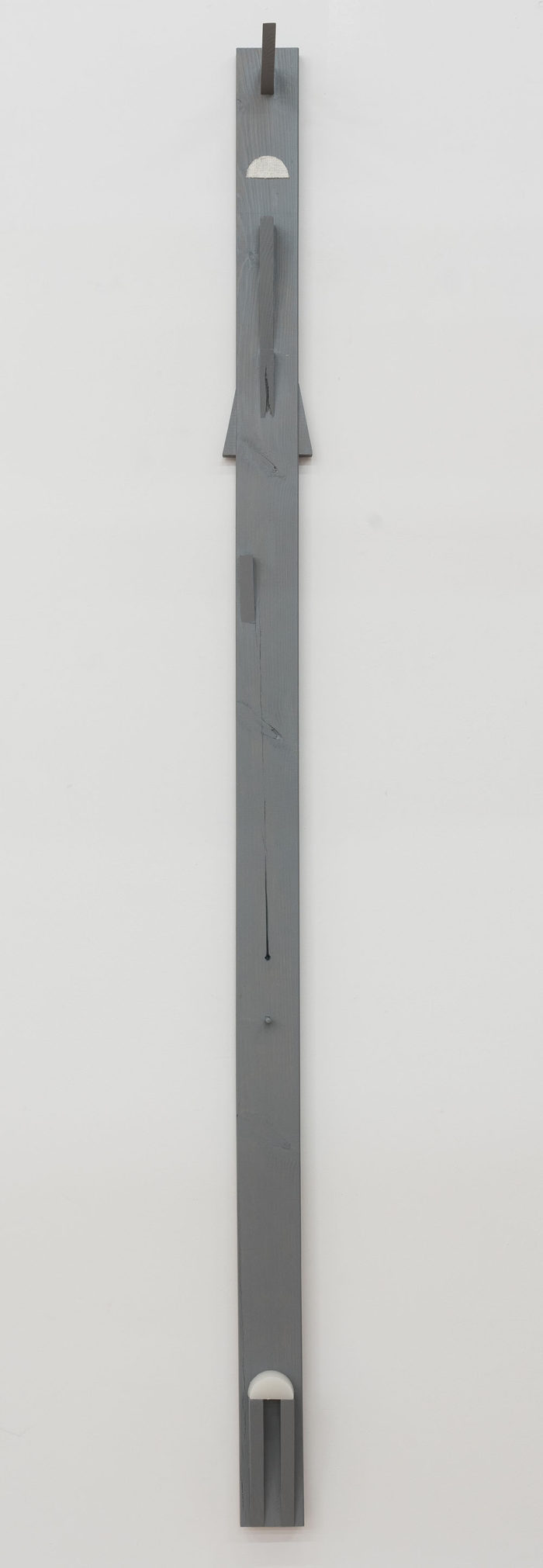Jarosław Dzięcielewski
Consecration XXXII
original, 2020

Zenon Polus, to me, is a person inextricably woven not only with memories of joyful moments spent together at our institute and beyond. Zenek, more essentially, is also his unruly personality, uncompromising and distinctive, internally contradictory and dramatic. Precisely because of and thanks to it, Zenek had to experience – participate in an intentional opening to the world – a scene – and take part in a dialogical opening to another human. It could not have been otherwise. Not indifferent towards the world and people, he tended to be joyous. An inveterate debater of a resounding and pleasant voice, he drew attention to himself; a sociable companion, incisive, with an uncommon gaze, literally and metaphorically, which – as his attribute and advantage – allowed him and others, as a consequence, to explore and delineate directions of their own perspectives on the world, the human, art and work. For, indeed and in essence, perspicere means to see through. His indisputable abilities and artistic, educational and organisational achievements, as well as his sensibility and attitude shaped our university and artistic milieu, and many of us individually. In every reflection and in every human fate, the thing that is essential, mysterious and piercing to the bone is what eludes control, is indeterminable and elusive, leading us beyond language and into the wilderness. Not what is smooth, shining and on the surface, but what is shameful and rough, in fissures of being, incomprehensible and unknowable.
In the current, indeed uneasy, times, when ever more often we have to deal with such symptoms as: multiplied reality, dispersed personality and a lack of clear criteria, the times are spearheaded by entropy and dispersion, and almost everything exist only as if. As result of this, it often happens that the individual gets lost, since distinctiveness, reliability and taste fade. Due to our natural need for survival and preservation of dignity, we then look for reliable vantage points. Zenek came to our rescue and repeatedly bore witness to the fact that he cared and was able to care for us, for me, also as a superior and a colleague. Just like that. It was his characteristic, skill and strength. Could he, as well and as often, also care for himself? Were we able to gratefully take care of him? Are we – and every one of us, for one's private use, bearing in mind all the good Zenek did for us, he, who created our milieu – as able to be grateful to him, deciphering and actualising, even fragmentarily, his intentions? The times are momentary, the good is eternal.
Zenek, I thank you for everything,
Zielona Góra, August, 2020